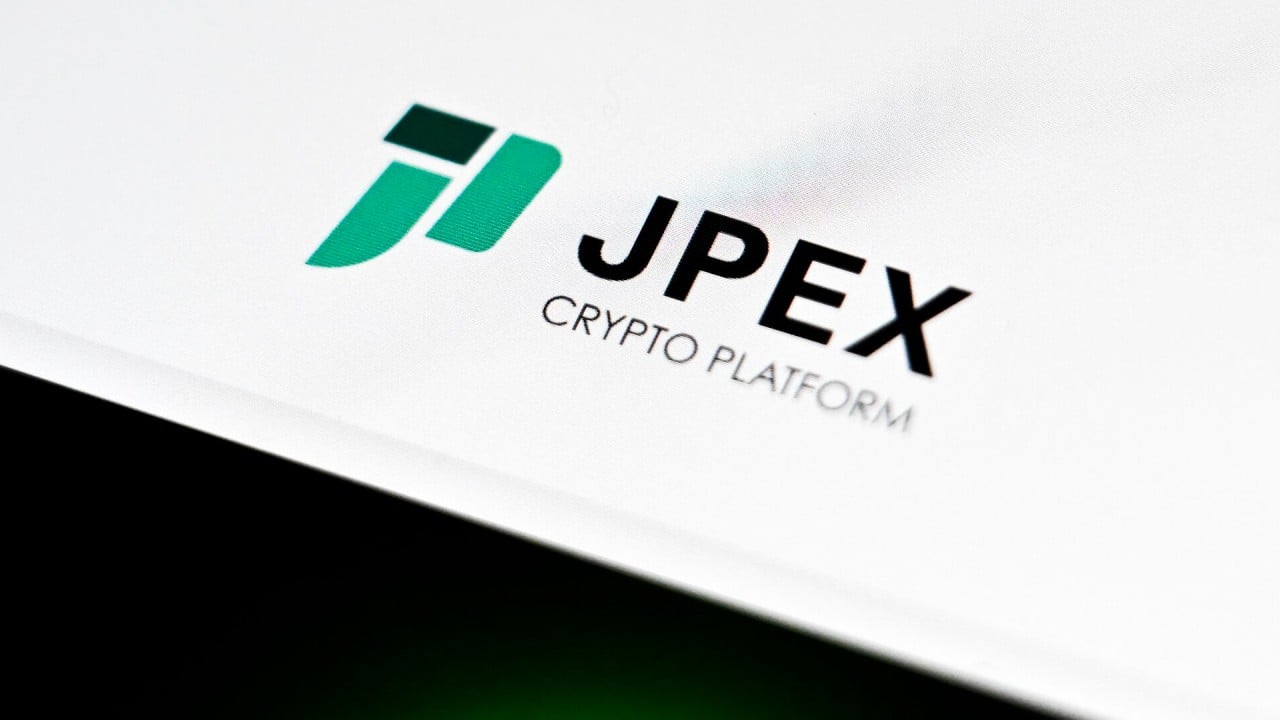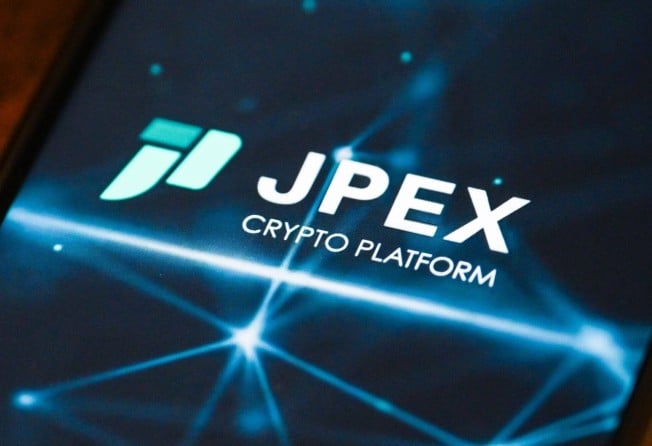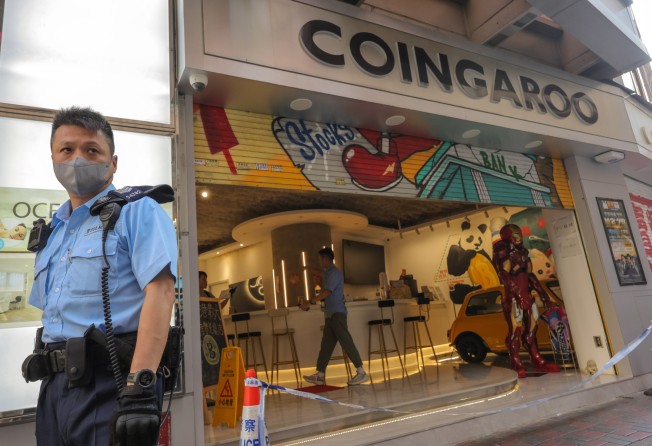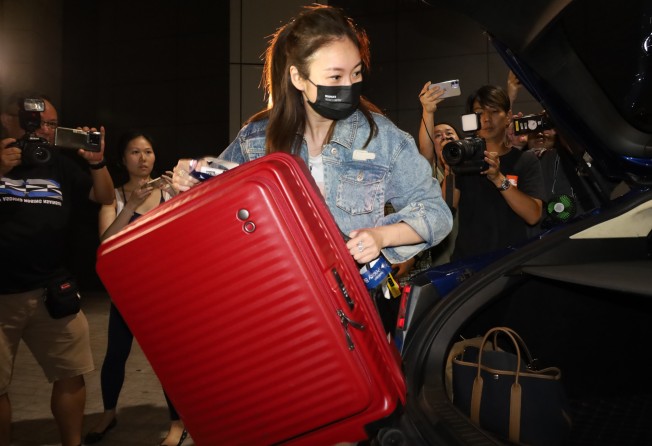
03:03
The cryptocurrency scandal gripping Hong Kong

The JPEX scandal, which is suspected to have ensnared at least 2,305 victims involving about HK$1.43 billion (US$182 million) of investments, has dealt a heavy blow to public trust in cryptocurrencies, casting a shadow over Hong Kong’s ambitions to become a global virtual asset hub.
The implosion of JPEX, which could turn out to be the largest financial fraud in the city’s history, has rung alarm bells among local retail investors, creating near-term challenges for virtual asset companies banking on the government’s push to expand the sector, according to industry players and analysts.
“At a time when people still don’t completely understand what Web3 is, the JPEX case has created a negative impression for people in Hong Kong on digital assets and the broader Web3 industry,” said Cyrus Ip, a crypto venture investor and chief business officer at artificial intelligence start-up DreamWld Technology.
JPEX, established in 2021, has targeted retail investors with large advertisements in the city’s business and transport hubs, claiming to be a licensed cryptocurrency exchange and dangling yields as high as 20 per cent.

A chat group on the messaging app Telegram for people claiming to be JPEX victims has drawn more than 12,600 sign-ups, after the cryptocurrency exchange suspended trading on Monday and put in place high processing fees for fund withdrawals.
“I think this scandal will have a pretty sizeable negative impact on retail sentiment, given its significant local presence and the various celebrities involved,” said Carlton Lai, head of blockchain and cryptocurrency research at Daiwa Capital Markets.
That could mean “an extra layer of difficulty” to convince retail investors to accept digital assets, and an increased level of resistance towards any Web3 efforts the government tries to push forward, said DreamWld’s Ip.
“I wouldn’t be surprised if the government slows down on the current Web3 push,” he added.
Hong Kong’s regulatory crackdown on JPEX represents one of the city’s most high-profile law enforcement actions in the cryptocurrency sector.

It began when the Securities and Futures Commission (SFC) issued a warning on September 13, accusing JPEX of “suspicious features” and spreading misleading claims about its licensing status.
Since then, police have arrested 11 people, including JPEX employees and influencers suspected to be associated with the company. Separately, local actor and singer Julian Cheung Chi-lam and Malaysian actress Jacquelin Ch’ng Se Min, both having appeared in JPEX publicity materials, were questioned by police on Thursday.
Hong Kong Chief Executive John Lee Ka-chiu has said he was “highly concerned” about the case, adding that the financial services sector has an important role in explaining new products to customers. He also urged the public to only invest on platforms that are licensed.
The Financial Services and the Treasury Bureau said that relevant law enforcement agencies would “take resolute actions against unlawful activities irrespective of whether the company is a foreign or local entity”.
JPEX hit back at the SFC on Thursday, saying that the financial regulator subjected it to “ambiguous guidelines and trumped-up charges” and “instructed telecoms providers to block the platform outright”. It added that the SFC disregarded the platform’s “voice of reasoned negotiation and communication”.

A more cautious approach toward cryptocurrency could weigh on the sector, which is already struggling in an extended bear market. In the second quarter, trading volume on centralised cryptocurrency exchanges dropped to its lowest since the fourth quarter of 2019, according to a report published in June by statistics provider CCData.
Long-term prospects for the sector may be rosier.
Recent enforcement actions on JPEX show that Hong Kong “really is taking concrete steps in building an institutional digital asset economy, with strong protection for retail investors”, said Donald Day, chief operating officer at VDX, a digital asset service provider in Hong Kong focusing on the institutional market.
The legal clampdown will “increase the trust” that the retail investing public can put in licensed and regulated trading platforms, he said.

Daiwa’s Lai said that retail interest and confidence in cryptocurrencies “tend to return over time, particularly when a bull market forms”. Until then, the Hong Kong government would “need to do much more on educating the public about its new regulatory framework and the measures surrounding investor protection”, he said.
The SFC has repeatedly warned the public not to trade on unlicensed platforms after it first issued an alert about JPEX in July 2022. However, the regulator has also said it could not disclose which companies have applied for a licence or were denied one.
“I agree it is very difficult for the SFC to tell people what they can or cannot invest in,” said Kai Lung Hui, senior associate dean of business and management at the Hong Kong University of Science and Technology. “On the other hand, I do think more information sharing and education might have helped investors navigate the cryptocurrency space.”
“When there is a lot of uncertainty and ambiguity, more information is always better,” Hui said.